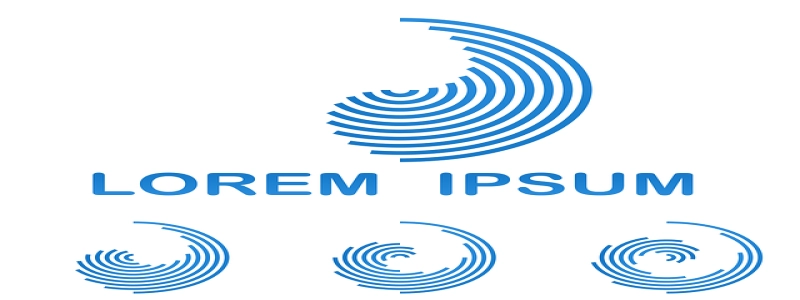EV Charging Connector Types
Introduction:
With the increasing popularity of electric vehicles (EVs), it is important to understand the different types of charging connectors available. These connectors play a vital role in ensuring efficient and convenient charging. In this article, we will explore the various EV charging connector types and their features.
Level 1 Charging:
Level 1 charging refers to charging the EV using a standard household outlet. The connector type commonly used for level 1 charging is the SAE J1772 connector. This connector is compatible with most EVs and provides a slow charging rate of around 2 to 5 miles of range per hour of charging. Level 1 charging is suitable for overnight charging or when the vehicle is parked for an extended period.
Level 2 Charging:
Level 2 charging offers faster charging than level 1 and requires the installation of a dedicated charging station. The most common connector type used for level 2 charging is the SAE J1772 connector, similar to level 1. However, there are also other connector types available for level 2 charging, such as the Tesla connector. Level 2 charging provides a faster charging rate of around 10 to 30 miles of range per hour, depending on the capacity of the charging station and the vehicle.
DC Fast Charging:
DC fast charging, also known as level 3 charging, provides the fastest charging option for EVs. This type of charging requires specialized charging stations, and the connector types vary depending on the region and the charging network provider. CHAdeMO and CCS (Combined Charging System) are the two most common connector types for DC fast charging. CHAdeMO is primarily used by Japanese vehicles, while CCS is widely adopted by European and American manufacturers. DC fast charging can provide a range of 60 to 80 miles in just 20 minutes of charging time.
Tesla Superchargers:
Tesla, a prominent electric vehicle manufacturer, has its unique charging connector known as the Tesla Supercharger. These superchargers are designed specifically for Tesla vehicles and provide extremely fast charging rates. Tesla Superchargers are strategically located along major highways and offer convenient long-distance travel for Tesla owners. The connector type is proprietary to Tesla vehicles and cannot be used by other EV manufacturers.
Conclusion:
Understanding the different types of EV charging connectors is essential for EV owners and chargers’ infrastructure development. Level 1 and level 2 charging both use the SAE J1772 connector, while DC fast charging relies on CHAdeMO or CCS connectors. Additionally, Tesla vehicles have their unique Tesla Supercharger connector. As the EV market continues to grow, standardized connector types and interoperability will be crucial for a seamless charging experience.








